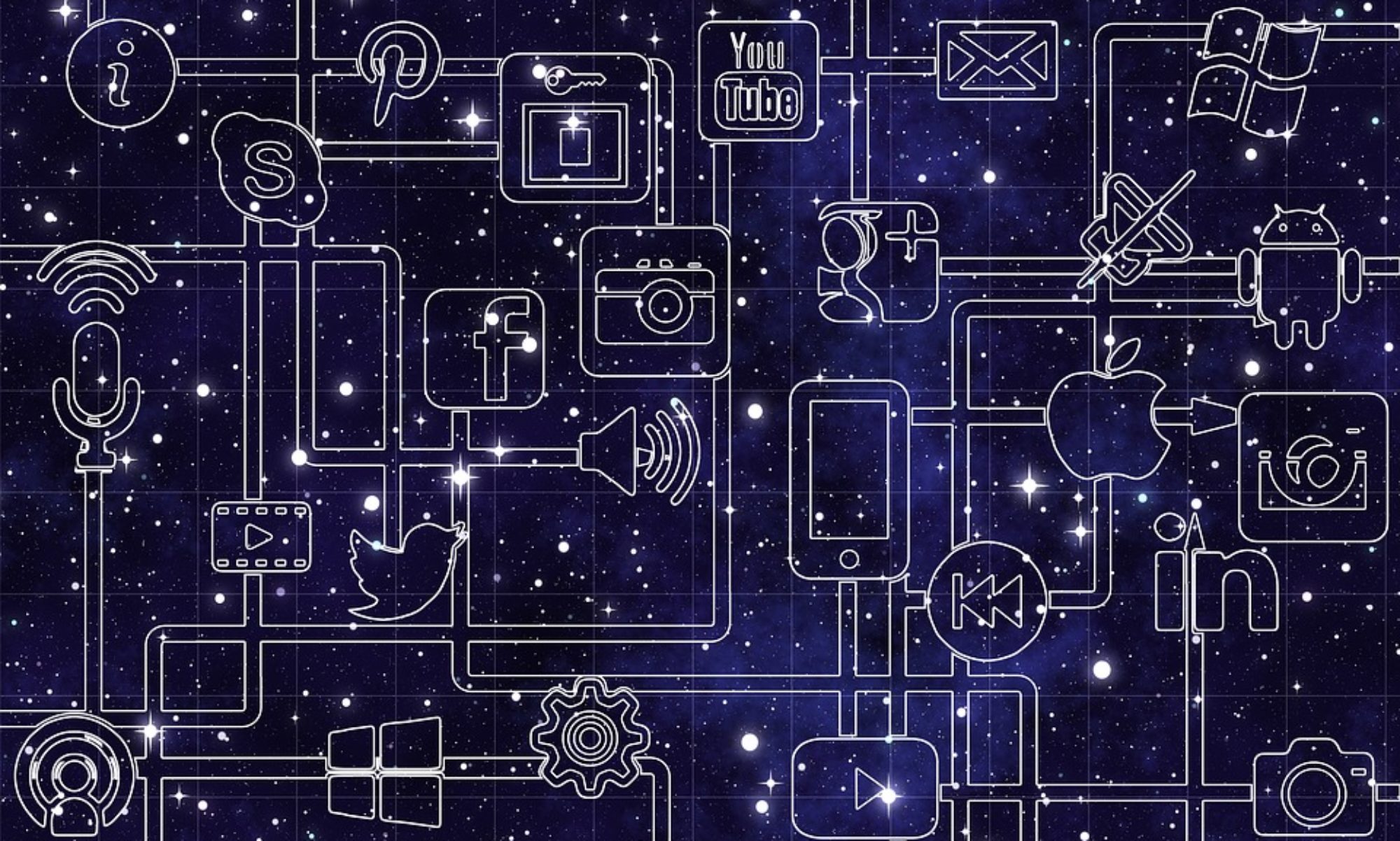Grants, Gifts, and Contracts:
Co-I: National Institute of Mental Health (NIMH): Interpersonal Stress, Social Media, and Risk for Adolescent Suicidal Thoughts and Behaviors. (2023-2027).
Co-I: National Institute on Drug Abuse (NIDA): Auditing Social Media Algorithmic Pathways to Measure Prevalence of Online Misinformation Related to Opioid Misuse. (2023-2025).
PI: Betty and Gordon Moore Foundation: Inclusivity in Precision Mental Health: The Role of Internet Search Data in Understanding Disparities. (2024-2025).
Co-I: American Foundation for Suicide Prevention: Development and Feasibility Testing of a Suicide Prevention Intervention for Sexual and Gender Minority Youth. (2023-2024).
Co-I: University of Pittsburgh: Examining psychosocial correlates of loneliness and perceived isolation among marginalized youth. (2023-2025).
Co-I: National Institutes of Health (NIH): The Center for Enhancing Treatment and Utilization for Depression and Emergent Suicidality (ETUDES) in Pediatric Primary Care. (2022-2027).
PI: American Foundation for Suicide Prevention: Machine Learning Approaches to Identify and Predict the Presence and Severity of Suicidal Thoughts and Behaviors by Integrating Online Activity and Clinical Information. (2022-2024).
Co-I: National Institutes of Health (NIH): Development and Testing of imHere4U: A Digital Suicide Prevention Intervention for Cyberbullied Adolescents. (2022- 2026).
Co-PI: National Science Foundation (NSF) (#2230692): NSF Convergence Accelerator Track F: Course Correct: Precision Guidance Against Misinformation. (2022-2024).
Co-PI: Centers for Disease Control and Prevention (CDC), Community Violence-Provoking Health Misinformation: Detection, Measurement, Impact, and Solution. (2022-2024).
Co-PI: National Science Foundation (NSF) (#2137724), NSF Convergence Accelerator Track F: How Large-Scale Identification and Intervention Can Empower Professional FactCheckers to Improve Democracy and Public Health (2021-2022).
PI: Cisco Systems, Understanding and Improving the Wellness of the Remote Worker in a Post-Pandemic World. (2020-2021).
PI: National Science Foundation (NSF) (#2027689), RAPID: Social Media Algorithms and Interventions to Tackle the Psychological Impact of the COVID-19 Crisis (2020-2021).
PI: Microsoft, Improve helpline efficacy through caller to volunteer matching for cultural competency and other traits (2020-2021).
PI: Injury Prevention Research Center (CDC), Leveraging Physical and Online Digital Infrastructures to Infer College Students’ Social Isolation and its Relationship to Risk of Suicide (2020-2021).
Co-PI: John Templeton Foundation, Public Expressions of Gratitude to God on Social Media (2020–2022).
PI: National Institutes of Health (NIH) (#R01MH117172), Leveraging Social Media Data and Machine Learning to Optimize Treatment Paradigms for Youth with Schizophrenia (2019-2023).
(Sole) PI: Centers for Disease Control and Prevention (CDC), Enhancing Computational Approaches for Overdose Prevention Using Novel Methodologies. (2019–2020).
(Sole) PI: Everytown Gun Safety, A Social Media Study to Understand Citizen Responses and Psychological Impacts of Active Shooter Drills in K-12 School. (2019).
PI: National Science Foundation (NSF) (#1816403), CHS: Small: Collaborative Research: Tools for Mental Health Reflection: Integrating Social Media with Human-Centered Machine Learning (2018–2021).
Co-PI: PI: National Science Foundation (NSF) (#1827700), PFI-RP: A Multi-Disciplinary Approach to Detecting Adolescent Online Risks (2018–2021).
(Sole) PI: Northwell Health, Employing Online Activity Data and Machine Learning to Reduce Duration of Untreated Psychosis and Prevent Relapse (2019–2020).
(Sole) PI: Centers for Disease Control and Prevention (CDC), Assessing Nationwide Suicide Rates By Integrating Social Media and Ensemble Data (2018–2019).
Co-PI: Intelligence Advanced Research Projects Activity (IARPA), A Comprehensive Approach to Modeling Job Performance via Unobtrusive, Continuous, Multimodal Sensing (2017–2019).
PI: National Institutes of Health (NIH) (#R01GM112697), Social Media Signals for Posttraumatic Stress and Anxiety in Crisis-Inflicted Communities (2014–2019).
(Sole) PI: United Nations Foundation, Social Media Measures of Adolescent Mental Health in Developing Countries (2015–2016).
PI: Edenfield Faculty Award (Georgia Tech), Identifying Risks to Psychological Distress in University Student Populations from Online Interaction Data (2015-2016).
(Sole) PI: Mozilla, unrestricted gift.
(Sole) PI: Samsung, unrestricted gift.
(Sole) PI: Yahoo! Labs, unrestricted gift.
(Sole) PI: Facebook, unrestricted gift.

